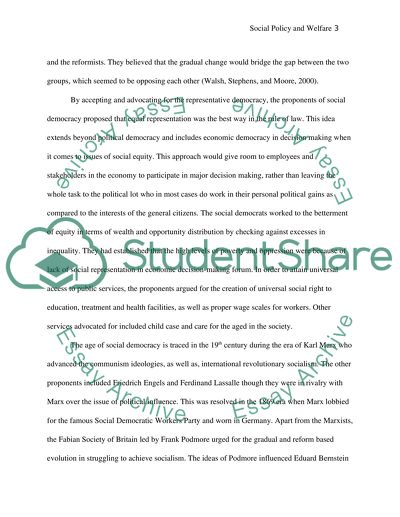Cite this document
(“Draw out the major contrasts between Social Democratic and New Right Essay”, n.d.)
Retrieved from https://studentshare.org/sociology/1493971-draw-out-the-major-contrasts-between-social
Retrieved from https://studentshare.org/sociology/1493971-draw-out-the-major-contrasts-between-social
(Draw Out the Major Contrasts Between Social Democratic and New Right Essay)
https://studentshare.org/sociology/1493971-draw-out-the-major-contrasts-between-social.
https://studentshare.org/sociology/1493971-draw-out-the-major-contrasts-between-social.
“Draw Out the Major Contrasts Between Social Democratic and New Right Essay”, n.d. https://studentshare.org/sociology/1493971-draw-out-the-major-contrasts-between-social.


